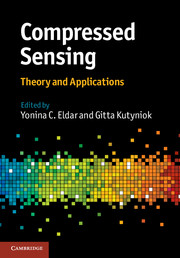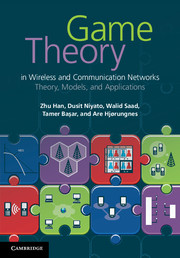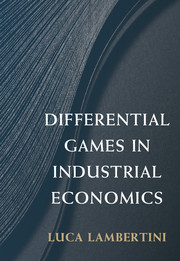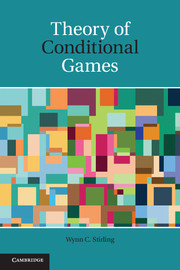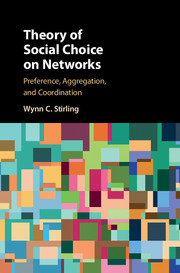Satisficing Games and Decision Making
In our day-to-day lives we constantly make decisions which are simply 'good enough' rather than optimal. Most computer-based decision-making algorithms, on the other hand, doggedly seek only the optimal solution based on rigid criteria and reject any others. In this book, Professor Stirling outlines an alternative approach, using novel algorithms and techniques which can be used to find satisficing solutions. Building on traditional decision and game theory, these techniques allow decision-making systems to cope with more subtle situations where self and group interests conflict, perfect solutions can't be found and human issues need to be taken into account - in short, more closely modelling the way humans make decisions. The book will therefore be of great interest to engineers, computer scientists and mathematicians working on artificial intelligence and expert systems.
- Introduces a concept of 'satisficing' (meaning 'good enough') into decision theory
- Provides a mathematically rigorous definition of satisficing
- Describes techniques for multi-agent decision-making accounting for social as well as individual interests
Product details
August 2007Paperback
9780521038911
268 pages
242 × 166 × 13 mm
0.432kg
20 b/w illus.
Available
Table of Contents
- List of figures
- List of tables
- Preface
- 1. Rationality
- 2. Locality
- 3. Praxeology
- 4. Equanimity
- 5. Uncertainty
- 6. Community
- 7. Congruency
- 8. Complexity
- 9. Meliority
- Appendix A: bounded rationality
- Appendix B: game theory basics
- Appendix C: probability theory basics
- Appendix D: a logical basis for praxeic reasoning
- Bibliography
- Name index
- Subject index.


